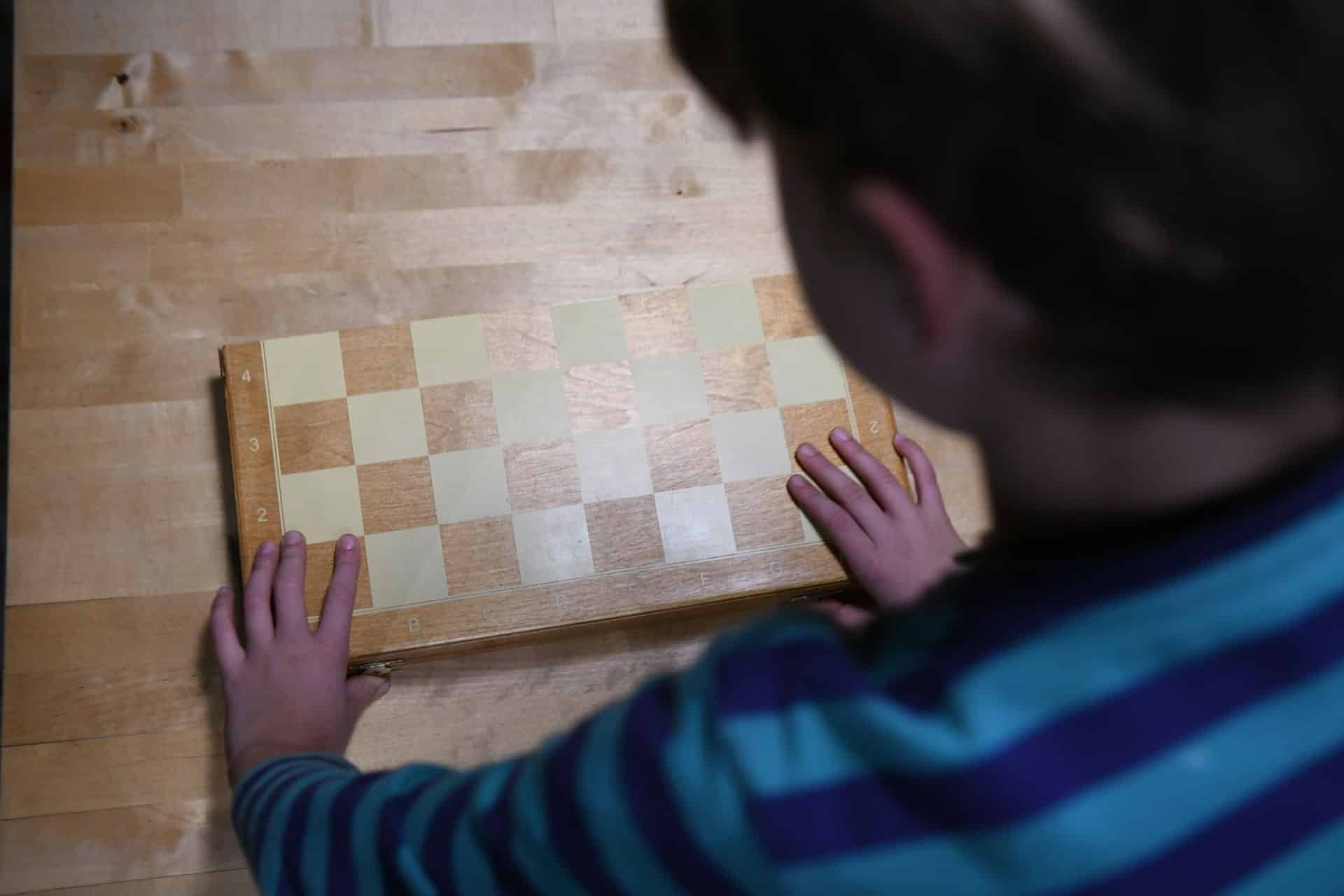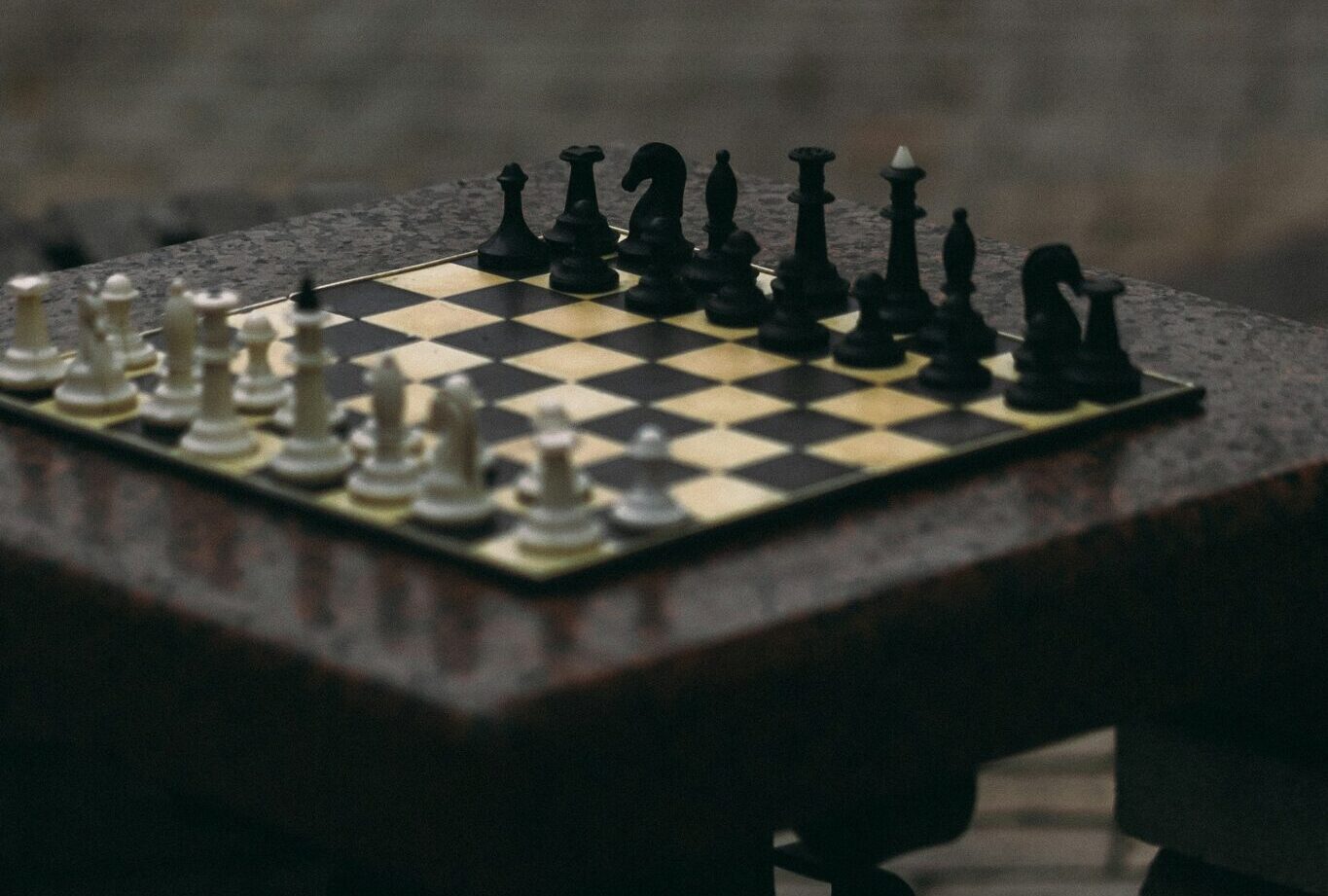Chess is a game of strategy and tactics, where the goal is to checkmate your opponent's king. It is often considered one of the most difficult games to master. The Chess FIDE (Fédération Internationale des Échecs) is the international body that governs and promotes the game of chess. It was founded in 1924 and has since grown to become one of the world's most important sports organizations.
FIDE sets the rules of the game, creates tournaments and rankings, and promotes chess education around the world. It also awards titles to players who meet certain criteria for skill and ability. These titles are highly coveted and can signify a player's strength and expertise.
In this article, we will explore the different aspects of FIDE, from its history and objectives, to its rules and regulations. We will also look at the titles it awards and its role in promoting chess around the world.
Table of Contents
Chess fide
Chess is a two-player strategy board game played on a checkered board with 64 squares arranged in an 8×8 grid. The game is played by millions of people worldwide. FIDE, the World Chess Federation, is the official governing body of international chess competition. It is responsible for organizing and supervising international events, setting the rules of the game, issuing official chess titles, and maintaining a world ranking system for chess players.
FIDE also promotes chess in education and works to ensure fair play at all levels of the game. It is a member of the International Olympic Committee and works closely with national chess federations and other chess organizations around the world. FIDE is the only international organization recognized by the International Olympic Committee as an International Sports Federation.
FIDE publishes a set of regulations and guidelines governing chess tournaments and other international competitions. These include rules on player eligibility, time controls, and the format of tournaments. It also publishes a handbook of the Laws of Chess which provides a comprehensive guide to the rules and regulations of the game. FIDE also maintains an official list of World Chess Champions and awards titles to the best players in the world.

What does FIDE mean in chess?
FIDE stands for Fédération Internationale des Échecs, which translates to the World Chess Federation in English. FIDE is an international organization that was founded in 1924, and is now the governing body for international chess competitions. FIDE is responsible for organizing and regulating chess tournaments, setting the rules for the game, and awarding titles to players. It also hosts the World Chess Championship and other important tournaments.
FIDE is made up of about 176 member countries and territories, who all contribute to the organization's activities. It has a number of committees and rules, and is a major promoter of the game of chess. It also provides ratings to players, which allow them to accurately assess their performance compared to other players around the world.

FIDE works to promote the game of chess and improve the standard of play. It publishes books on the game, holds seminars and workshops, and provides grants to help promote the game. It also works to promote and develop chess in the developing world. Finally, FIDE works to combat cheating in chess, and to ensure that the game is played fairly and honestly.
How do I get a FIDE rating?
FIDE (Fédération Internationale des Échecs) is the international chess governing body that is responsible for rating players. To get a FIDE rating, players must play in at least one rated tournament. This can be an official FIDE tournament, or an event organized by a national chess federation or club. The rating is based on a player's performance in the tournament, and is updated after each event. Players must provide their personal information and register with FIDE before receiving a rating.
In order to be eligible for a rating, players must meet certain criteria. Players must be at least 16 years old, have a valid FIDE ID, and have not been suspended from tournament play. They must also have submitted their personal information and provided proof of identity. Once these requirements are met, players can enter tournaments and receive a rating.
Players can also receive a provisional rating by playing in at least three rated tournaments. This rating is based on the player's performance in these events, and is valid for one year. Once the provisional rating expires, players must play in at least one rated tournament to receive a full rating.
FIDE ratings are used to measure a player's skill level and track their progress over time. They are also used to pair players in tournaments, and to calculate official rankings. As players become more experienced, their rating will usually increase.
What does FIDE stand for?
FIDE is an acronym that stands for “Fédération Internationale des Échecs”. It is an international organization and the governing body for chess. It was founded in 1924 and its goal is to promote and develop the game of chess worldwide. FIDE organizes World Championships, Olympic competitions, and other tournaments, and it also regulates the titles and ratings of chess players.
FIDE is also responsible for the rules of the game, as well as for maintaining a system for rating players. It is divided into six continental zones, and it has more than 175 member countries. FIDE also works to promote chess in education and to create a global chess culture.
FIDE is currently led by its President, Arkady Dvorkovich, and its headquarters are located in Lausanne, Switzerland. It is a member of the International Olympic Committee and works in partnership with the World Chess Federation, a non-profit organization.
Can I join FIDE?
FIDE is the international chess organization and stands for the Fédération Internationale des Échecs. It is responsible for organizing and governing international chess tournaments, including the World Chess Championship and the Chess Olympiad. Anyone who wants to participate in FIDE-sanctioned tournaments must become a member of FIDE. To become a member, you must fill out the FIDE membership form, provide proof of identity, and pay an annual membership fee. Once you are a member, you are eligible to participate in FIDE-sanctioned tournaments.
The benefits of becoming a Chess FIDE member include:
- Access to official FIDE rating, which can help you improve your chess skills.
- Opportunities to join international tournaments and compete with chess players from all around the world.
- Receive regular updates on news and events.
- Access to all FIDE rules and regulations.
If you are interested in joining FIDE, you can find more information on the official FIDE website. You can also contact the FIDE office to get more information about the membership process and fees. Once you become a member, you will be eligible to participate in FIDE-sanctioned tournaments.
Chess fide is a great way to improve your chess skills and knowledge. It provides players with advanced strategies and techniques, as well as a comprehensive ranking system.
Chess fide also offers tournaments and online competitions, allowing players to compete against each other and to track their progress. Additionally, it offers players the chance to learn and practice in a supportive and motivating environment.
Overall, Chess fide is an invaluable resource for anyone looking to take their game to the next level. It is an excellent way to hone your skills, build your confidence and ultimately become a better chess player.
If you liked this post about chess fide you should read about Chess opening strategy.






